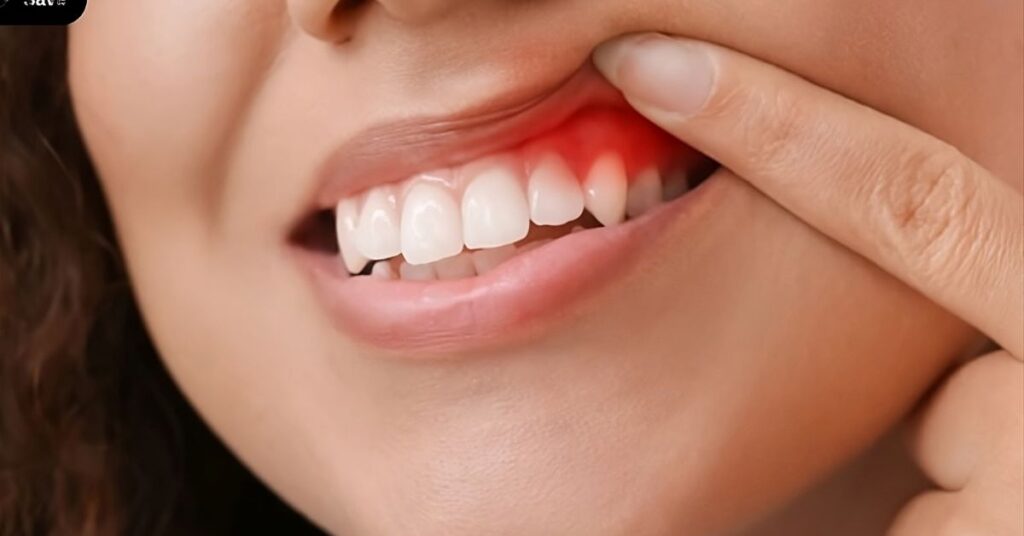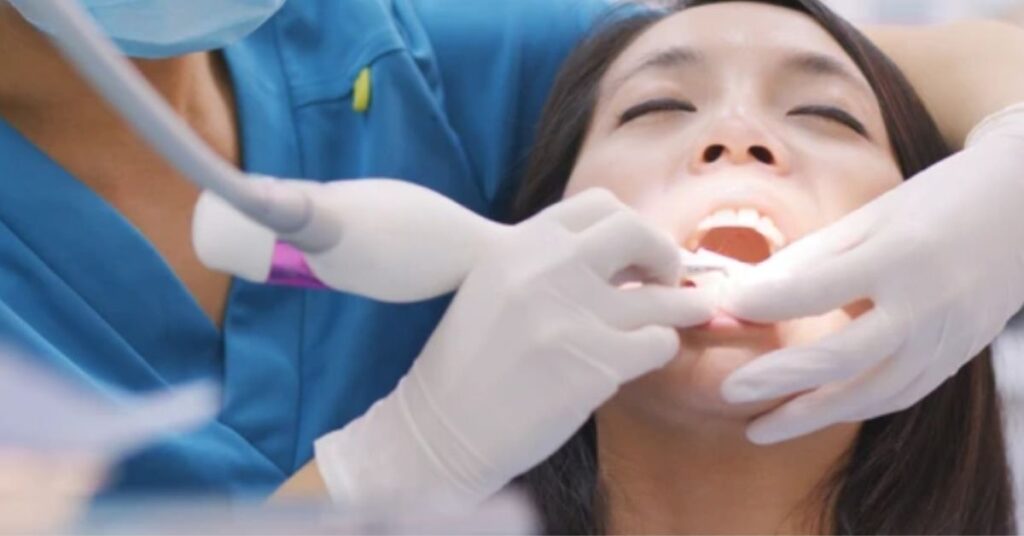
Introduction
Gum disease, also known as periodontal disease, is a common oral health condition that affects the gums and the surrounding tissues of the teeth. It is a progressive condition that, if left untreated, can lead to serious dental problems and even tooth loss. Understanding the different types of gum disease and their impact on oral health is crucial for maintaining overall well-being.
The Importance of Preventing Gum Disease
Preventing gum disease is vital for maintaining healthy teeth and gums. If gum disease is left untreated, it can lead to severe consequences, such as tooth decay, gum recession, and even bone loss. Early detection and prevention play a significant role in preserving gum health.
Identifying the Signs of Gum Disease
Common Symptoms
Recognizing the early signs of gum disease can help individuals seek timely treatment. Common symptoms include bleeding gums, gum sensitivity, persistent bad breath (halitosis), and tooth mobility. Understanding these indicators can prompt individuals to visit their dentist for a comprehensive evaluation and diagnosis.
Risk Factors
Poor oral hygiene habits, smoking, tobacco use, systemic health conditions like diabetes, and certain medications can contribute to the onset of gum disease. Recognizing these risk factors can empower individuals to take proactive steps to protect their gum health.
Dental Examinations and Diagnosis

Regular dental check-ups are essential for assessing gum health and detecting gum disease in its early stages. During dental examinations, dentists assess gum health, measure periodontal pockets, and use X-rays and other diagnostic tools to identify any signs of gum disease. Early diagnosis allows for prompt treatment and improved outcomes.
Preventive Measures for Gum Disease
Maintaining Proper Oral Hygiene
A consistent oral care routine is the foundation for preventing gum disease. Brushing teeth with fluoride toothpaste, flossing between teeth daily, and using mouthwash can help remove plaque and bacteria that can lead to gum inflammation. Proper brushing techniques and regular dental cleanings are essential for maintaining gum health.
Healthy Diet and Its Impact on Gums
A balanced diet rich in essential nutrients, such as vitamins C and D, is crucial for gum health. Certain foods, such as sugary and acidic ones, can contribute to gum disease. Avoiding these foods and staying hydrated can support overall gum health.
Quitting Smoking and Tobacco Use
Smoking and tobacco use are major risk factors for gum disease. Quitting smoking and tobacco use can significantly improve gum health and reduce the risk of gum disease progression. Support from healthcare professionals can be beneficial for individuals trying to quit.
Professional Treatment
Scaling and Root Planing (Deep Cleaning)

In cases of early-stage gum disease, deep cleaning procedures such as scaling and root planing are effective in removing tartar and bacterial build-up below the gumline. This process helps the gums to heal and reattach to the teeth properly.
Antibiotics and Medications
Antibiotics may be prescribed to treat gum infections and control the growth of bacteria. Antimicrobial mouthwash and gels can also be used to reduce gum inflammation. These treatments are often used in conjunction with professional dental cleanings.
Periodontal Surgery and Procedures
In more advanced cases, periodontal surgery may be necessary. Procedures such as gum flap surgery (gingivectomy) and bone grafting help to restore gum and bone health.
Maintaining Gum Health at Home
Importance of Consistent Oral Care Routine
Maintaining gum health requires a consistent oral care routine. Daily brushing and flossing practices, along with using dental picks and water flossers, can help keep the gums and teeth clean and free from plaque.
Regular Dental Check-ups and Cleanings

Regular dental check-ups and professional cleanings are essential for monitoring gum health. Dentists can identify any changes or issues and provide timely interventions.
Conclusion
In conclusion, maintaining healthy gums is vital for overall oral health and wellbeing. Gum Disease can have serious consequences if left untreated, but it is preventable with proper oral hygiene and regular dental checkups. Early identification and professional treatments play a crucial role in preserving gum health. By following preventive measures and adopting a consistent oral care routine, individuals can significantly reduce their risk of Gum Disease and enjoy a lifetime of healthy and diseasefree gums. A collaborative effort between individuals and dental professionals is key to ensuring optimal gum health and maintaining a confident and radiant smile.
For personalized advice and care, visit my dental hospital, Sri Sanjeevini Dental, and take the first step toward optimal gum health.


